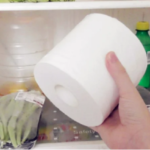The trade-off for this convenience is energy consumption. We need to pay a certain amount of electricity bill to enjoy the services provided by these devices. Especially, the electricity bill nowadays is not cheap at all.
But do you know which appliance consumes the most electricity? Many people would answer air conditioning, but in fact, it only ranks second because it is not used frequently. Here are the 5 appliances that consume the most electricity in your home.
1. Set-top Box
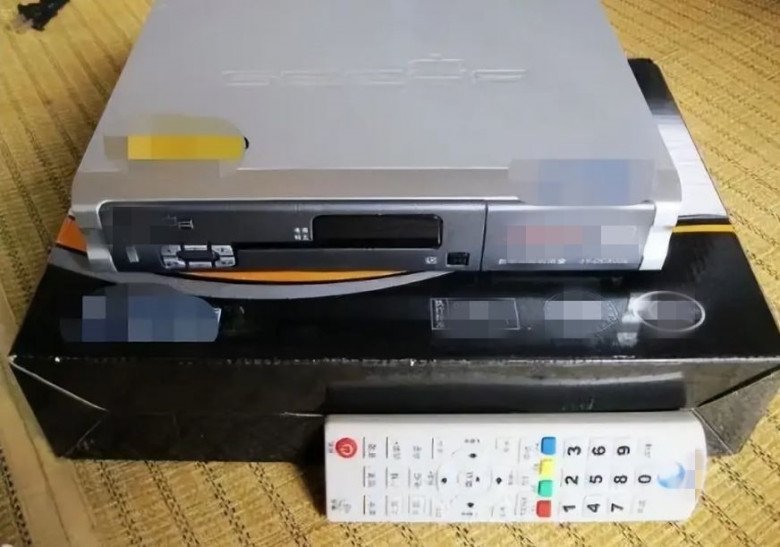
A set-top box is a TV signal decoder. Specifically, it is a device that decodes broadcast signals and then transfers audio and video data to the TV screen. This device sits between the signal source and the TV.
Usually, after watching TV, we only use the remote control to turn off the TV, but at this time, the TV and the set-top box are still in standby mode.
Failing to turn off the set-top box for an extended period is the main cause of energy wastage, and its power consumption can be significant, even surpassing that of air conditioners. Therefore, we should develop a good habit of turning off the power to both the TV and the set-top box.
2. Air Conditioner
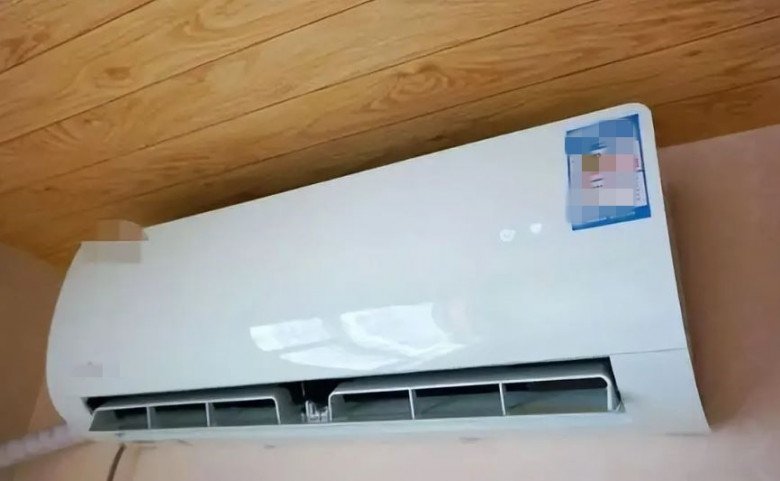
Air conditioners are major electricity consumers. Every summer, the electricity bill at home surges. The primary reason is that we use air conditioners for extended periods.
Although this is hard to avoid, as air conditioners are high-power appliances and a necessary evil during the hot summer months to create a comfortable living environment, you can save energy by choosing an inverter air conditioner and selecting the appropriate capacity for your room size.
Additionally, when using air conditioning, try to avoid frequently turning it on and off, and don’t leave the door open when it’s on. When turning off the air conditioner, cut off the power supply instead of just pressing the OFF button on the remote control.
3. Television

After turning off the TV with the power button, the indicator light remains on, indicating that the TV is in standby mode. The power consumption at this time is about 0.2 watts (W), causing an increase in the household’s electricity consumption.
After watching TV, unplug the power cord to turn off the device completely, instead of just pressing the OFF button on the remote control. This can save more energy.
4. Refrigerator
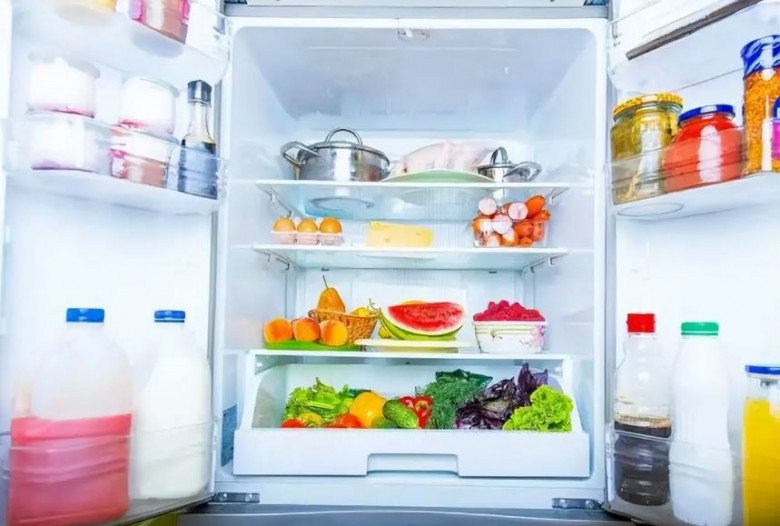
Refrigerators are actually quite energy-efficient. The power consumption is very low in standby mode, and after cooling, it consumes about 65-100 W, with negligible hourly electricity consumption.
Although the refrigerator runs 24/7, the compressor does not operate continuously, and the actual power consumption is not high, so you can rest assured. Although the refrigerator itself does not use much electricity, we should still use it efficiently to save energy.
For example, avoid frequently opening and closing the refrigerator, do not put hot food in the refrigerator, set the refrigerator temperature according to the amount of food stored and the ambient temperature, and regularly clean the appliance…
5. Router
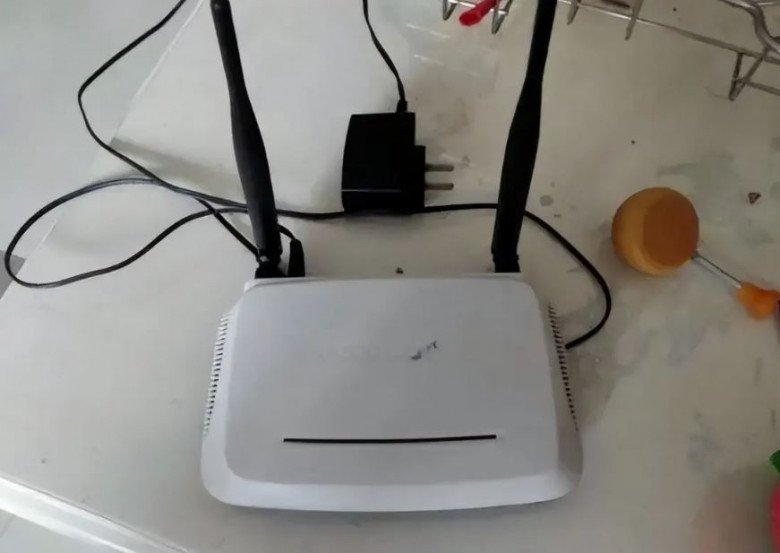
The power consumption of the router is evident. Since the installation of WiFi at home, the router has been running 24/7. Although its power may not be high, the continuous daily electricity consumption cannot be ignored.
It is recommended to turn off the router once a week for about 30 minutes to save energy and give the device a break, thus increasing its lifespan and ensuring network speed.
The Secret to Freshness: Why You Should Keep a Roll in the Fridge
A handy household tip that has been doing the rounds on social media is placing toilet paper in the fridge. But why? Well, this unusual trick actually has multiple benefits. First, it can help to absorb any excess moisture, keeping your fridge dry and preventing mold or mildew. Secondly, the paper can act as a deodorizer, absorbing and neutralizing any strong odors from foods like onions or fish. This simple hack can help keep your fridge fresh and odor-free, ensuring your food stays tasty and prolonging its lifespan. It’s a cost-effective, easy solution that many have sworn by, and it might just become your new go-to trick for keeping your fridge in top shape!
How Long Can You Keep Mangosteen in the Fridge?
The mangosteen is a delicate fruit that requires careful handling to maintain its freshness. Its perishability poses a challenge to those seeking to prolong its lifespan. So, the question arises: How can we effectively extend the shelf life of mangosteens, and what is the optimal duration for storing them in the refrigerator?


























